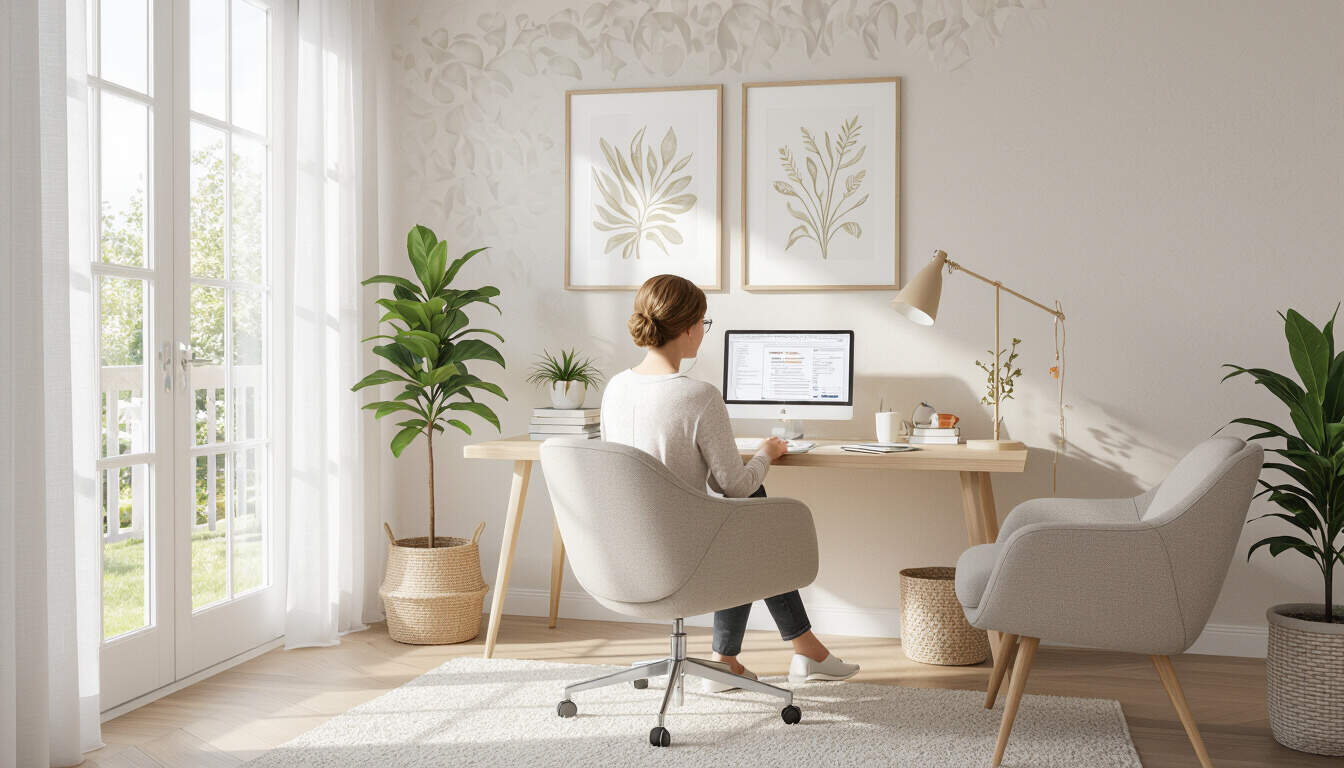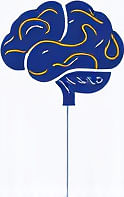Sensory Integration Strategies for Neurodivergent Adults in Remote Work
 by Thaddeus Blanda
by Thaddeus Blanda
Explore practical strategies for managing sensory integration in remote work settings. This article offers supportive tips for adults with ADHD or autism to achieve better focus and work-life balance, drawing from real experiences and expert advice.

Remote work environments can present unique challenges for neurodivergent adults, particularly those with ADHD or autism. These settings often involve sensory elements like bright screens, background noise, or uncomfortable seating that affect daily productivity. For individuals facing these issues, finding effective strategies becomes essential for maintaining focus and overall well-being.
One key aspect is recognizing how sensory input influences work performance. For example, excessive visual stimuli from cluttered desks might disrupt concentration for someone with autism. Remote work requires adapting spaces to minimize such distractions, allowing for a more controlled atmosphere. Simple changes, such as using noise-cancelling headphones, can make a significant difference in creating a calmer workspace.
To begin, consider the role of lighting in your setup. Harsh overhead lights or glare from computer screens can lead to discomfort and fatigue, especially for those with sensory sensitivities. Soft, adjustable lighting options help reduce eye strain and promote better engagement with tasks. In practice, many find that positioning a desk near a window with natural light offers a soothing alternative, though curtains can block out overwhelming brightness when needed.
Another area to address is auditory distractions. In a home office, sounds from family members, pets, or neighborhood activity might interrupt flow. Sensory integration techniques, like playing white noise or instrumental music at a low volume, provide a buffer against these interruptions. This approach supports individuals with ADHD by helping to sustain attention without overwhelming the senses.
Organizing your physical space plays a crucial role as well. Cluttered areas can heighten anxiety and make it harder to concentrate. Start by keeping only essential items on your desk and using storage solutions to maintain order. For adults with autism, this structured environment fosters a sense of predictability, which aids in task completion and reduces stress.
Incorporating movement breaks is also beneficial. Prolonged sitting can lead to sensory overload, affecting both body and mind. Short walks or stretching routines every hour allow for sensory reset, improving energy levels and cognitive function. Many neurodivergent individuals report that these pauses enhance their ability to return to work with renewed focus.
Practical Hacks for Daily Routines
Building routines around sensory needs can transform remote work experiences. For instance, starting the day with a consistent morning ritual, such as a quiet coffee routine, sets a positive tone. This habit helps regulate internal rhythms and prepares the mind for the demands ahead.
Technology tools offer additional support. Apps that filter blue light from screens or block distracting notifications assist in managing visual and digital overload. ADHD strategies often include timers to break work into manageable segments, preventing burnout from extended sessions.
Collaboration in remote teams adds another layer. Virtual meetings might involve overwhelming video feeds or multiple voices. Using features like chat-only modes or scheduling breaks during calls accommodates sensory preferences. For those with autism, preparing agendas in advance reduces uncertainty and eases participation.
Social support networks are vital too. Connecting with peers who share similar experiences provides encouragement and shared ideas. Online communities dedicated to neurodiversity offer forums for exchanging tips, fostering a sense of belonging and motivation.
Achieving Work-Life Balance
Balancing professional responsibilities with personal life is a common goal. Setting clear boundaries, such as designated work hours, prevents sensory fatigue from spilling into relaxation time. For example, ending the workday with a wind-down activity like reading or light exercise signals the brain to shift gears.
Nutrition and hydration also matter. Skipping meals or staying dehydrated can exacerbate sensory issues, leading to irritability or decreased focus. Prioritizing balanced snacks and regular water intake supports overall health and sustains energy throughout the day.
In reflecting on these strategies, remember that progress comes from trial and error. What works for one person might need adjustment for another, but the aim is to create an environment that nurtures strengths. Autism awareness in workplaces continues to grow, leading to more inclusive practices that benefit everyone involved.
Ultimately, these approaches empower neurodivergent adults to thrive in remote settings. By prioritizing sensory needs, individuals can achieve greater productivity and a healthier balance, turning potential challenges into opportunities for growth.
